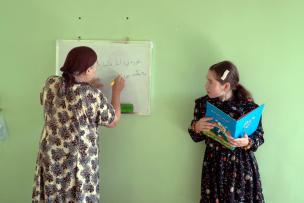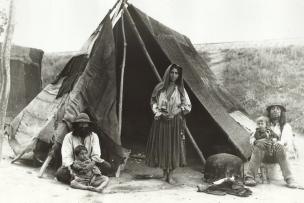Screening-debate series on Medieval Europe: "The Heavenly Knights (Nebeští jezdci)" by Jindřich Polák

The Heavenly Knights (Nebeští jezdci)
directed by Jindřich Polák, 1968, Filmové studio Barrandov, VOSTFR (91 min)
Summary: Melodrama, epic and black humor, military raids and society balls mingle and succeed one another like a multilingual kaleidoscope in this forgotten masterpiece of the "Czechoslovak New Wave". The Heavenly Knights plunges us into the daily life of the crew of a British bomber during the Second World War, led by the Slovak captain, Pavel (Svatopluk Matyás) and featuring Czech machine gunners, a Canadian radioman, an English co-pilot and navigator, etc.
Released at a pivotal moment in Central European history, this film acts as a closing gesture, sometimes juvenile, sometimes melancholy, of a period of relative liberalization that enabled the great modernist achievements of the 1960s. In the wake of the Warsaw Pact invasion of Czechoslovakia in August 1968, Jindřich Polák found himself forced to abandon part of the path he had blazed with this film, and turned to slapstick comedies and children's TV productions. We will, however, reflect on this film insofar as it will nourish his future achievements to think of the cinema of normalization as the product of a rupture but also of continuities with previously elaborated cinematographic forms.
The screening will be introduced by Anastasia Mamaeva (Sorbonne University) and followed by a discussion in English with Jonathan Owen, author of Avant-Garde to New Wave: Czechoslovak Cinema, Surrealism and the Sixties (Berghahn Books, 2011) by videoconference.
The screening inaugurates the international webinar The "normalized", the "normalizers", and their cinemas: Czechoslovak and Soviet feature films of the 1970s: Czechoslovak and Soviet films of the 1970s)
(Eur'ORBEM, Sorbonne Université, spring 2024)
Organization and contacts :
Anne Madelain: View e-mail (Inalco, centre de recherche Europes-Eurasie-CREE)
Naïma Berkane: (Sorbonne Université, Eur'Orbem)





